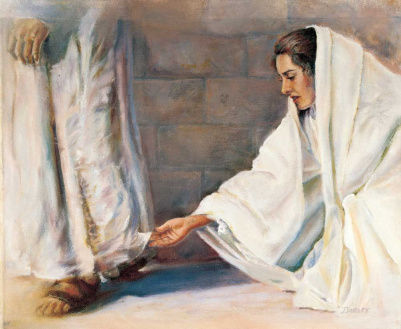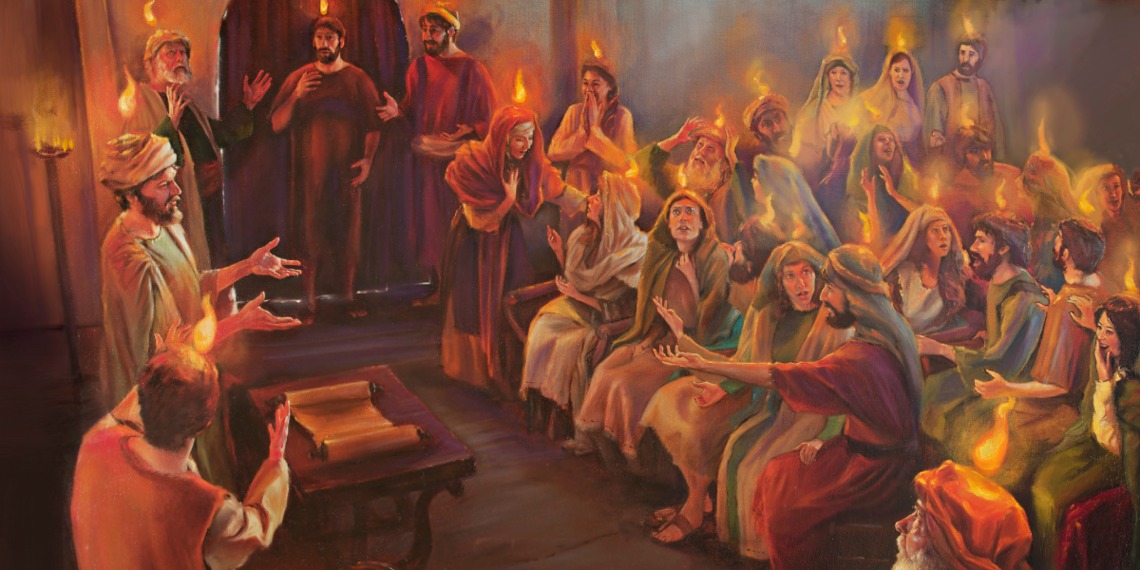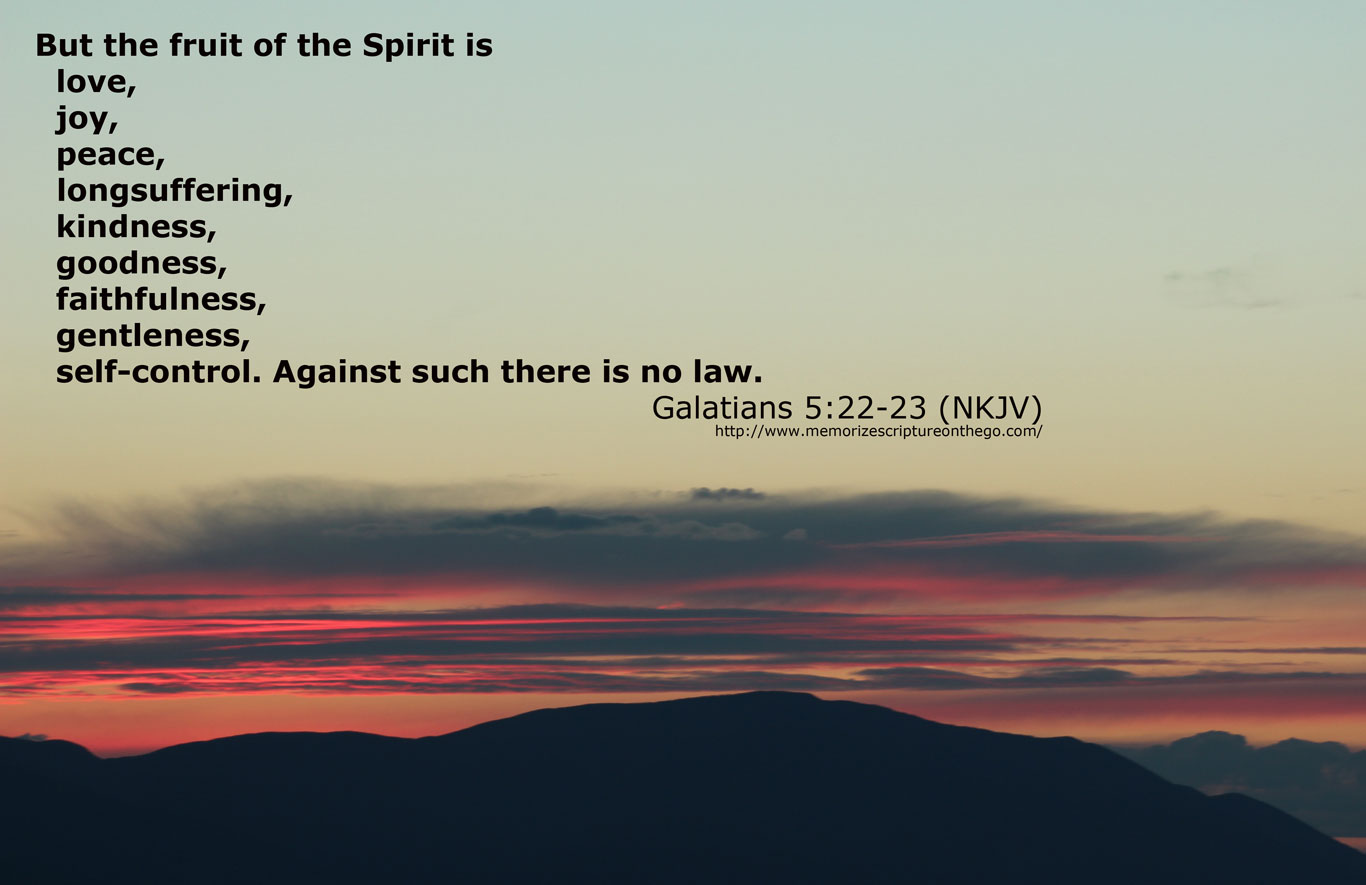Reading the word of God in the Bible, one can experience all kinds of feelings:
joy and consolation,
hope and anticipation,
wonder and questioning,
regret, perhaps… or helplessness?…
But there are times when the feeling is one of surprise – total and unexpected amazement!
The first lines of today’s 2nd reading can awaken such a reaction.
Writing to the Corinthians, Paul somehow admonishes them in these words (1 Corinthians 3:16-23):
 “Didn’t you realize that you were God’s temple,
“Didn’t you realize that you were God’s temple,
and that the Spirit of God was living among you…
The temple of God is sacred; and you are that temple.”
These words are truly astonishing.
Just pause for a moment and ask yourself:
If, one day, someone came to you and asked you that very question:
‘Do you realize that YOU are God’s temple’, how would you answer?
I think that, faced with this situation, many people would be taken aback,
possibly unable – or unwilling – to answer!
How many of us, Christians, ARE AWARE of this reality?
A temple is seen as a sacred building since it is the location where worship happens.
It is considered to be a place for ritual celebrations.
In other words: it is reserved for activities related to God.
But, on the eve of his death, Jesus told his apostles (John 14:23):
“If anyone loves me, he(she), will keep my word,
my Father will love him(her),
and we shall come to him(her),
and make our home with him(her).”
With the word ‘home’, Jesus meant more than a building, or a simple location.
Obviously, he had in mind something that goes beyond wood or bricks.
Jesus was speaking of a relationship.
This is what we are called to: a relationship of close proximity with God.
Something amazing, yes, but more still:
something absolutely wonderful that needs to be discovered anew – and lived – day after day…
Note: Another text is available on a different theme, in French at: https://image-i-nations.com/7e-dimanche-de-lannee-a-2023/
Source: Image: Scripture Images
 “Fear not, for behold, I bring you good news of great joy
“Fear not, for behold, I bring you good news of great joy 

 “We saw his star when it rose and have come to worship him.”
“We saw his star when it rose and have come to worship him.”

 « Each one bewildered…
« Each one bewildered…
 On this Sunday (28th of Year A) we are given another of those parables well-known to us: the invitation to a wedding party (Mt.22:1-14).
On this Sunday (28th of Year A) we are given another of those parables well-known to us: the invitation to a wedding party (Mt.22:1-14).
 On today’s feast of Pentecost we, too, are meant to welcome God’s own Spirit.
On today’s feast of Pentecost we, too, are meant to welcome God’s own Spirit. 
 ok at this picture, you read the text, you go from one layer to the other and you think to yourself: ‘Something is missing! Where is… JOY?’
ok at this picture, you read the text, you go from one layer to the other and you think to yourself: ‘Something is missing! Where is… JOY?’